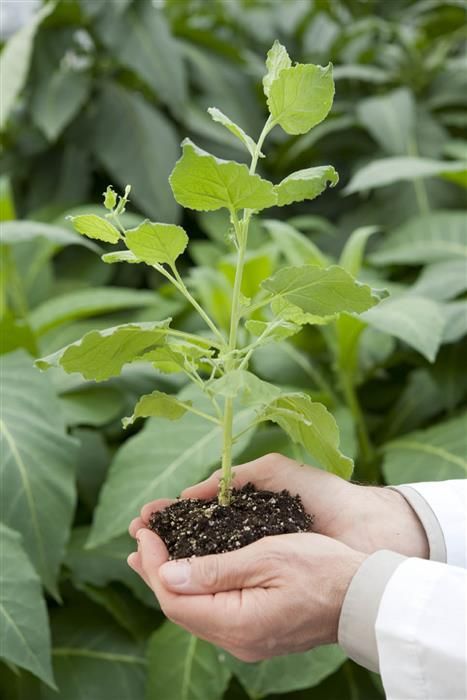- Bone Health
- Immunology
- Hematology
- Respiratory
- Dermatology
- Diabetes
- Gastroenterology
- Neurology
- Oncology
- Ophthalmology
- Rare Disease
- Rheumatology
PlantForm Will Challenge Merck's Dominance for Pembrolizumab
PlantForm will use tobacco plants to develop antibodies for its checkpoint inhibitor pembrolizumab biosimilar.
An Ontario, Canada, biotech company that uses tobacco plants to cultivate antibodies for biosimilar production said it will initiate development of a biosimilar pembrolizumab for the Brazilian market. Pembrolizumab (Keytruda) is a “programmed death” (PD) inhibitor that counteracts tumor cells’ ability to deactivate the immune system response to malignant cells. It is used in the treatment of melanoma, lung cancer, head and neck cancer, Hodgkin lymphoma, and stomach cancer.
PlantForm uses tobacco plants rather than animal cells to develop antibodies for use in biologics production. Antibody genes are merged with plant bacteria to “infect” the tobacco plants and cause them to produce antibodies, a process that takes about 10 days, according to company information. The company touts this as a way to avoid some of the complexities of standard production techniques that use animals and bioreactors.
PlantForm is partnering with PlantPraxis Biotecnologia and Bio-Manguinhos/Fiocruz to create the pembrolizumab biosimilar. Merck is expected to lose patent exclusivity protection for Keytruda in the United States, European Union, and Brazil in 2028, allowing a potential entry point for biosimilars. “We want to make a difference in this market by transferring an innovative technology that will bring a low cost biosimilar pembrolizumab to Brazil,” said Germana Regazzi, director of PlantPraxis.
PlantPraxis is a joint venture between PlantForm do, which is a subsidiary of PlantForm, and Axis Biotech Brazil. Bio-Manguinhos is a division of the Brazilian Ministry of Health that furthers the development of technology and production of vaccines, among other activities.
According to PlantPraxis, the pembrolizumab market is expected to reach $25 billion by 2025, making it a potentially lucrative target for biosimilar competitors. PlantPraxis is not alone in cultivating ambitions for participation in this market. NeuClone Pharmaceuticals of Sydney, Australia, announced in September 2020 that it is working to develop biosimilars for pembrolizumab and nivolumab (Opdivo), another PD inhibitor.
PlantForm has other biosimilars in development, including versions of trastuzumab and ranibizumab, which treat forms of cancer and macular degeneration, respectively.
Also of Note
For further reading about the development of PD inhibitor biosimilars, click here.
Newsletter
Where clinical, regulatory, and economic perspectives converge—sign up for Center for Biosimilars® emails to get expert insights on emerging treatment paradigms, biosimilar policy, and real-world outcomes that shape patient care.

